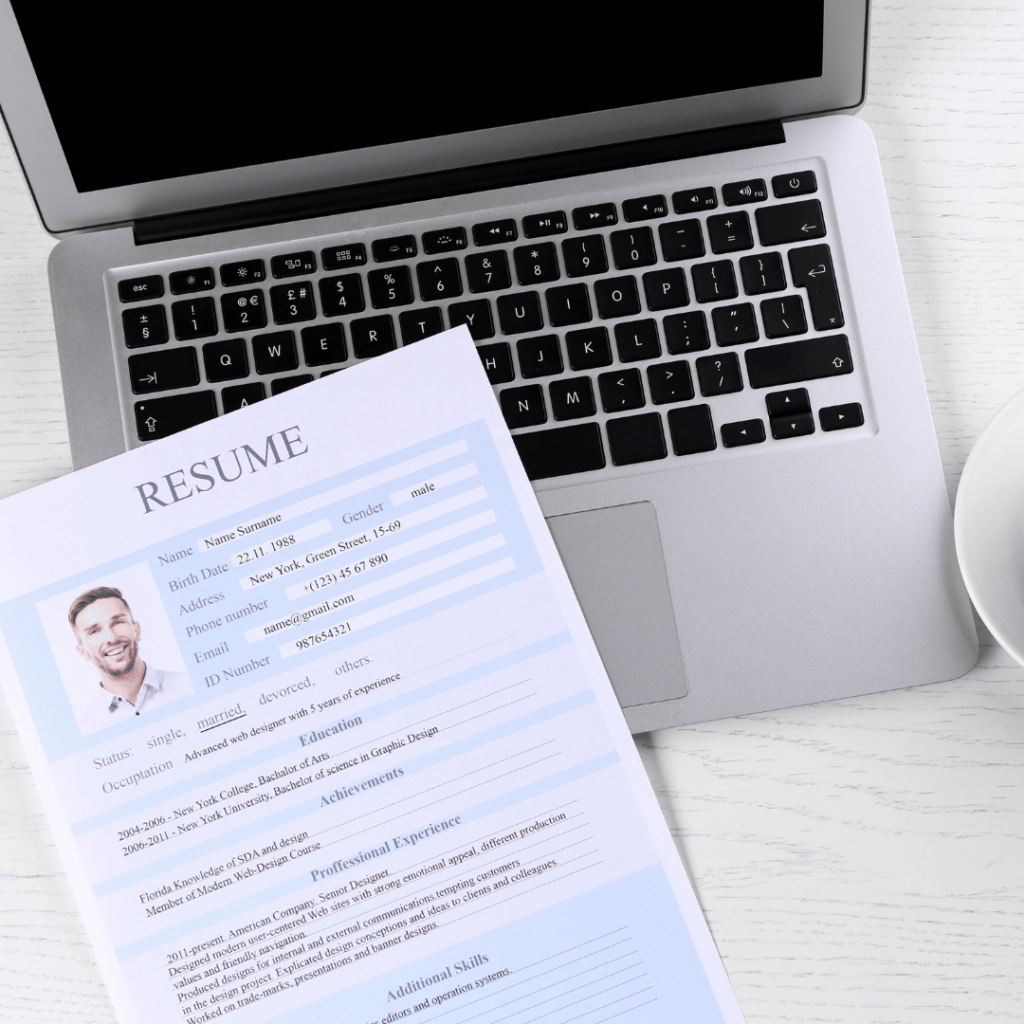Whether you’re operating heavy machinery on-site, supervising civil infrastructure projects, managing safety compliance on an oil rig, or coordinating logistics across mining operations — your resume is more than a document. It’s your career passport. And knowing how to strategically structure it can mean the difference between being shortlisted or being overlooked.
This guide by Resume Writing Australia breaks down each resume section and shows exactly how to tailor it for high-impact industries like construction, energy, mining, oil & gas, and resources.
Why Resume Sections Matter in Technical and Trade-Driven Roles
Think of your resume as a technical report. Just like a site audit or compliance checklist, it must be clearly structured, relevant, and focused. Each section should give recruiters immediate confidence that you’re qualified, experienced, and job-ready. Your goal is to ensure that your relevant licences, project experience, qualifications, and site skills are visible at a glance — especially to hiring managers who are scanning dozens of applications for FIFO roles, shut-down projects, or long-term contracts.
The Must-Have Resume Sections for Construction, Mining, and Energy Jobs
Here’s what to include — and how to do it properly for your sector:
Contact Details
Include your full name, mobile number, professional email address, and LinkedIn profile. For FIFO or site-based roles, also include your residential location and clearly state your willingness to travel or relocate.
Professional Summary (Not an Objective)
This is a 3–4 line snapshot of who you are and what you offer. For example:
“Qualified Electrical Fitter with 7+ years of shutdown and maintenance experience across mining and oil & gas sites (Rio Tinto, BHP, Santos). Confined Space and Working at Heights ticketed. Strong safety focus and proactive fault-finder.”
Key Skills
List your core skills that align with the role. Include technical and compliance-based abilities, such as:
- Hydraulic systems maintenance
- Bulk earthworks and concrete pours
- Hazard identification and incident reporting (JSA, SWMS)
- Project scheduling (Primavera, MS Project)
- SCADA and PLC fault-finding
Avoid generic terms like “team player” unless backed by clear, industry-relevant context.
Certifications & Tickets
List your current and relevant certifications. These might include:
- White Card
- Confined Space Entry and Working at Heights
- High-Risk Work Licence
- EWP (over 11m), Forklift (LF), HR/HC Licence
- Electrical Licence, LVR/CPR
- First Aid/CPR
If a ticket has expired or is pending renewal, mention the status (e.g. “Confined Space – Renewal Booked July 2025”).
Work History
Each job should include:
- Job title, company name, and site or project name
- Dates of employment
- A list of key responsibilities (focus on scope, machinery used, and safety practices)
- Notable achievements such as:
“Reduced machine downtime by 15% by initiating proactive maintenance schedules”
“Completed $3M infrastructure upgrade ahead of schedule and under budget”
Education and Apprenticeship
List your trade qualification, apprenticeships, and other formal education. For example:
“Certificate III in Civil Construction – Plant Operations (TAFE QLD, 2020)”
Tailoring Each Section to the Job
Generic resumes don’t cut it. Tailoring means aligning your content with the job ad and sector.
Applying for FIFO roles? Emphasise remote adaptability, roster preferences (e.g. 2:1 or 3:1), and past FIFO experience.
Chasing energy sector roles? Highlight HV switching experience, turbine maintenance, or substation builds.
Looking for work in civil construction? Mention project values, the tools or machinery you operated, and the supervision levels you worked under.
Top Resume Mistakes in These Industries
Avoid these common issues:
- Being too vague: “Labourer” is not enough. Say “Skilled Labourer – Formwork & Reinforcement, Tier 2 Commercial Projects”.
- Overstuffing your skills: Only include what’s relevant to the job. More is not always better.
- Leaving out expired or pending tickets: Mention them with status updates.
- Listing tasks instead of achievements: Focus on outcomes. Instead of “operated loader”, say “Loaded over 150 tonnes of material daily with zero safety incidents”.
Free Resume Review – No Strings Attached
Your resume is often the first impression — and it has to impress HR reps, recruitment agencies, and site managers quickly. Let Resume Writing Australia take a look at it for free. We’ll identify where it’s falling short and how to improve it for your target industry.
Email your resume to hello@resumewritingaustralia.com.au and we’ll give you tailored feedback to help you land the job you want.
Final Words: Your Resume Is a Tool – Use It Strategically
Being good on the tools doesn’t guarantee you’ll get the call. A clear, focused, and well-structured resume is what gets you in the door. Use this guide as a checklist to review your current resume. If you’re not getting interviews, it might be time to overhaul how you’re presenting yourself.
Need help? We’re just an email away.



